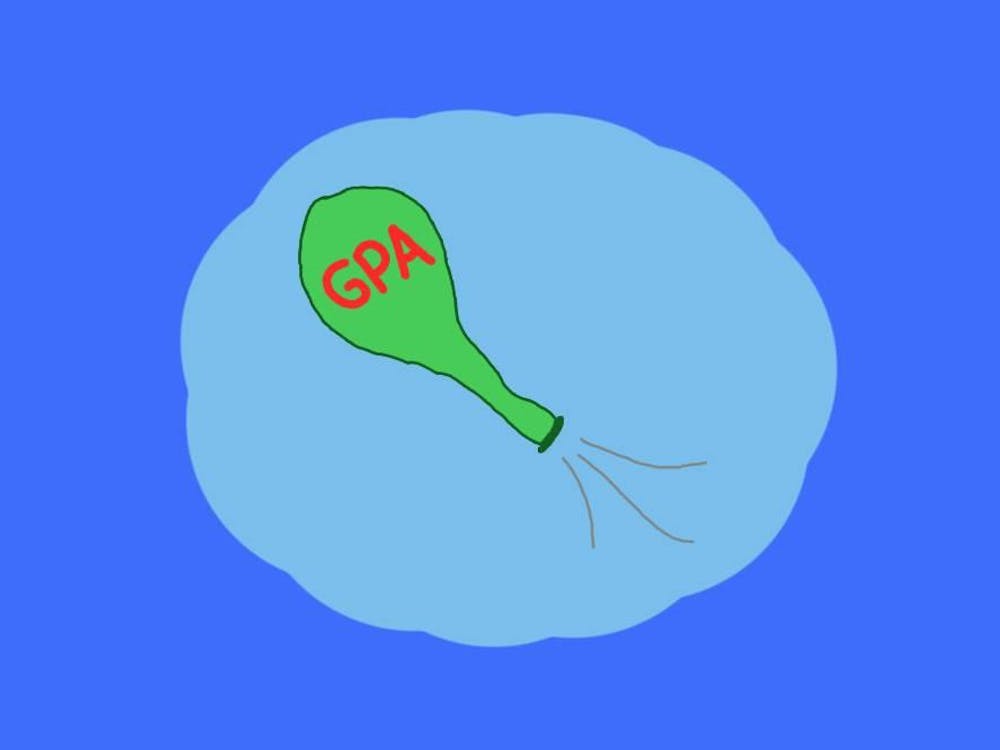Since last year’s murder of University of Mary Washington student and popular campus feminist Grace Mann, some have called for an end to Yik Yak, the anonymous social media platform, including via formal complaint to the U.S. Department of Education’s Office of Civil Rights. Mann was murdered by one of her male roommates after receiving verbal threats, both in person and over Yik Yak. Recently, civil liberties organizations such as the National Coalition Against Censorship sent a letter to the OCR arguing inclusion of speech in Title IX harassment regulations would threaten free speech rights. The letter also urged education officials to consider the harmful effects of restricting access to Yik Yak on students’ educations. While concerns about the hostile nature of Yik Yak messages are legitimate, censorship is not the answer, and the Department of Education should not mandate that schools introduce social media bans.
We recognize that hateful messages on Yik Yak can make students feel targeted. The previous managing board wrote an editorial in which it commended the University of Rochester’s request for Yik Yak to turn over information about users who had posted offensive and threatening messages. In cases of harassment directed at particular individuals, Yik Yak should absolutely provide universities or law enforcement with the IP addresses of the attackers. However, a blanket ban on social media platforms is not tenable, especially at universities. Blocking Yik Yak would not end hate, nor would it prevent the proliferation of another anonymous social media platform.
In fact, Yik Yak could become a tool for universities to monitor their students if administrations are willing to take up the challenge. Yik Yak does not necessarily encourage hate, but it certainly exposes it. And if students are publicly sharing hateful comments, then universities have a chance to identify and counteract them. One should not overlook the useful benefits of an anonymous social media platform such as Yik Yak.
College leaders should always be wary of censorship, especially because colleges are places where the freedom to state your opinion or spread information is so highly valued. A block on university networks would not be productive, especially at colleges such as ours where no similar Internet bans exist.




